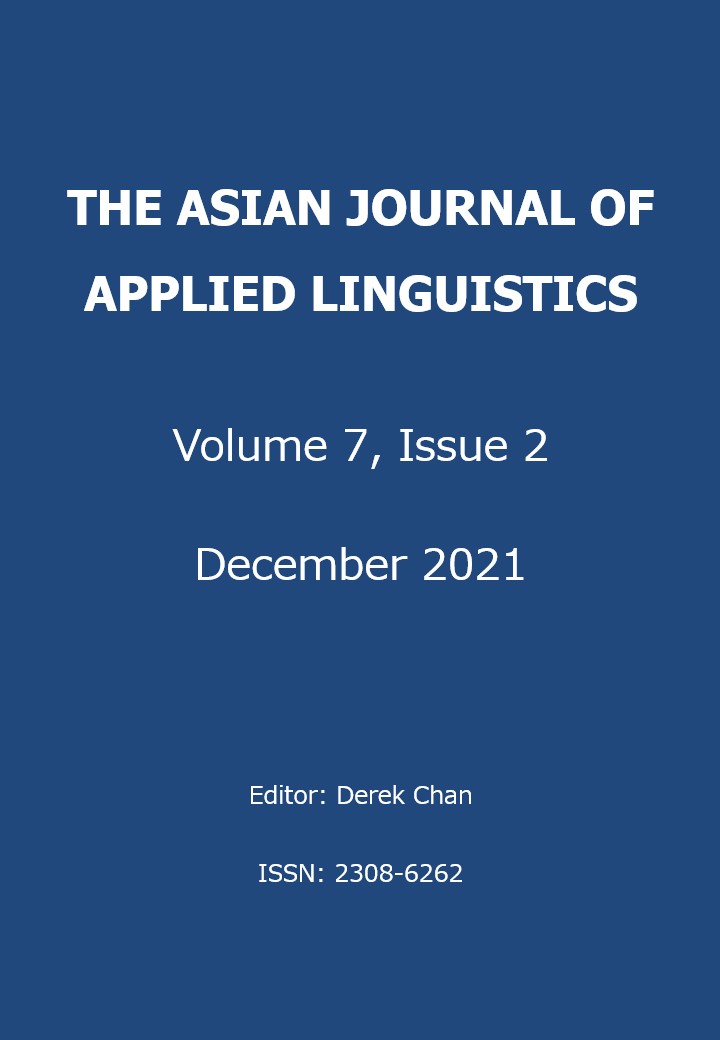Chinese university students’ attitudes toward English accents: How identity is projected within an ELF framework
Keywords:
attitude; accent; identity; English as a lingua franca; ChinaAbstract
The considerable influx of non-native English speakers (NNESs) into the English-speaking communities has changed dramatically the development of English language, one of which is the status of native English speaking norms. Today, English is not used for the competence of how close one approximates to native English speakers (NESs), but is more frequently adopted as a lingua franca faciliating a variety of pragmatic undertakings. This research, under the framework of English as a lingua franca (ELF), investigates how different English accents are perceived and appropriated as identity markers by university students in mainland China and to what extent their perceptions are under the influence of the emergent ELF environment. Drawing on a comparatively large-scale online questionnaire data, this article reports ambivalence in participants’ attitudes toward different English accents and a dilemma in projecting their L1 identity. It also suggests a replacement of the current teaching paradigm to better fit into the changing configuration of English language around the world.
Downloads
Published
Issue
Section
License
Authors who publish with this journal agree to the following terms:
- Authors retain copyright and grant the journal right of first publication.
- Authors are able to enter into separate, additional contractual arrangements for the non-exclusive distribution of the journal's published version of the work (e.g., post it to an institutional repository or publish it in a book), with an acknowledgement of its initial publication in this journal.
Note: Authors are encouraged to post copies of their AJAL published papers to their own institutional or personal/professional websites along with a link to the original paper at the AJAL website. This will assist in diseminating their work as well as raising awareness of the journal.

